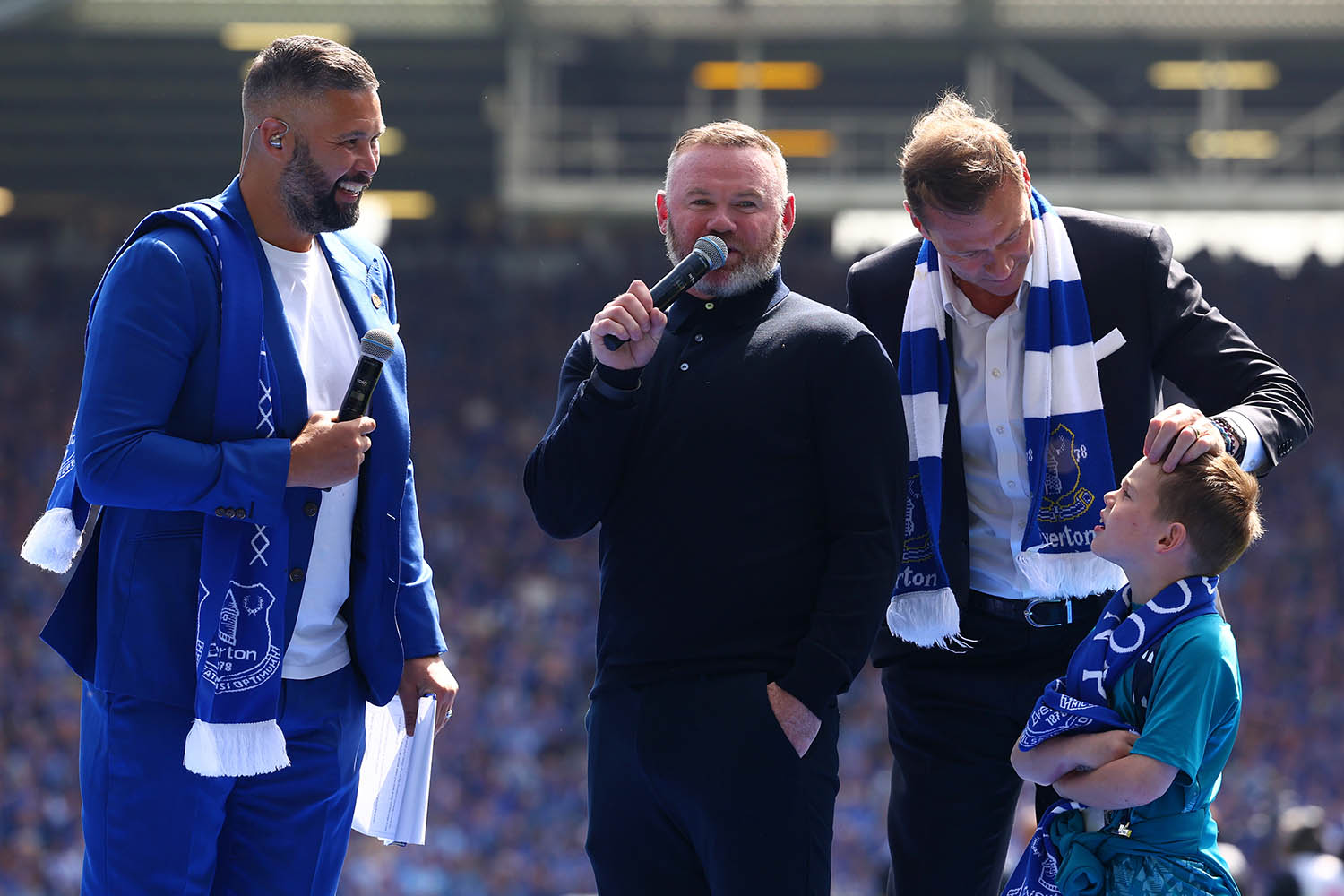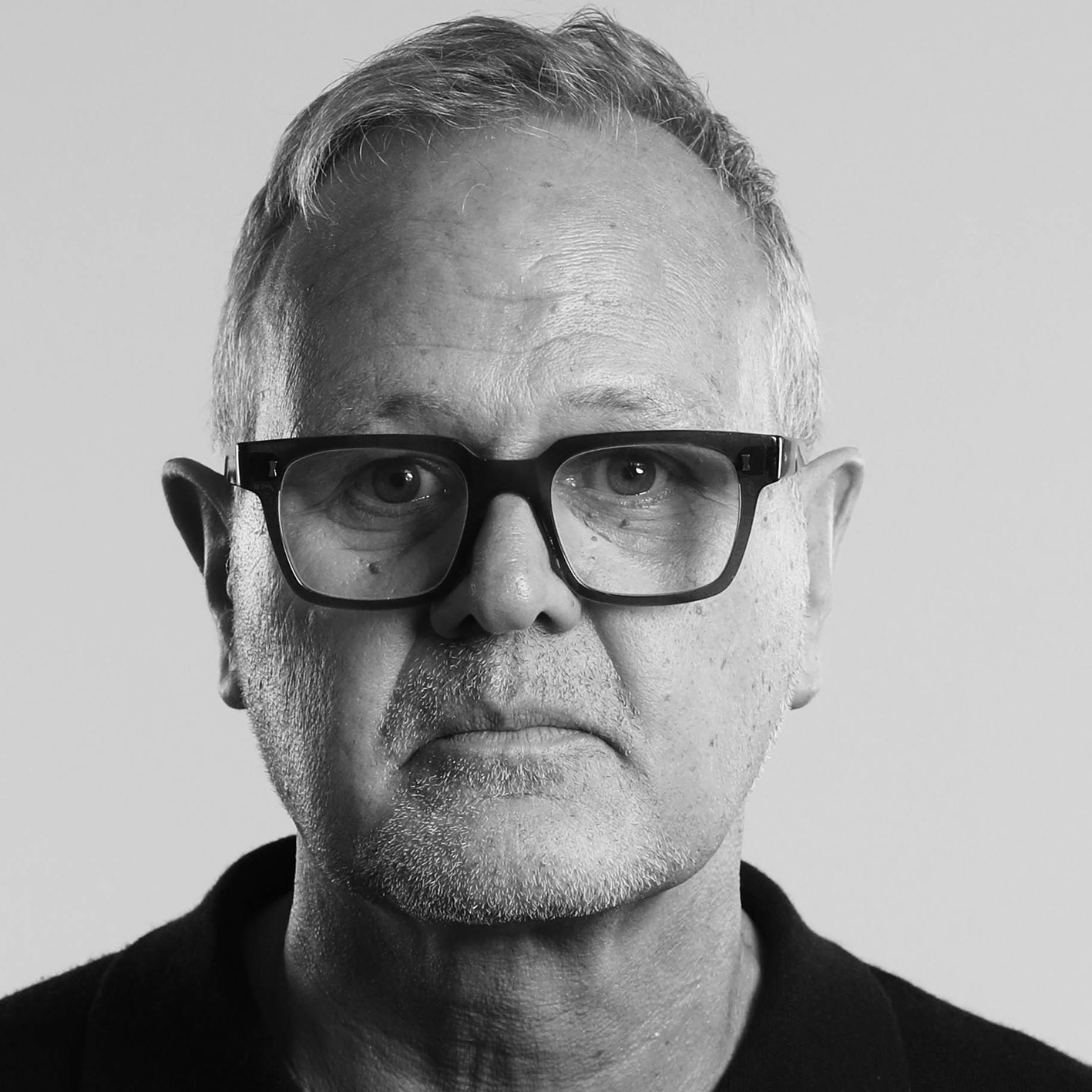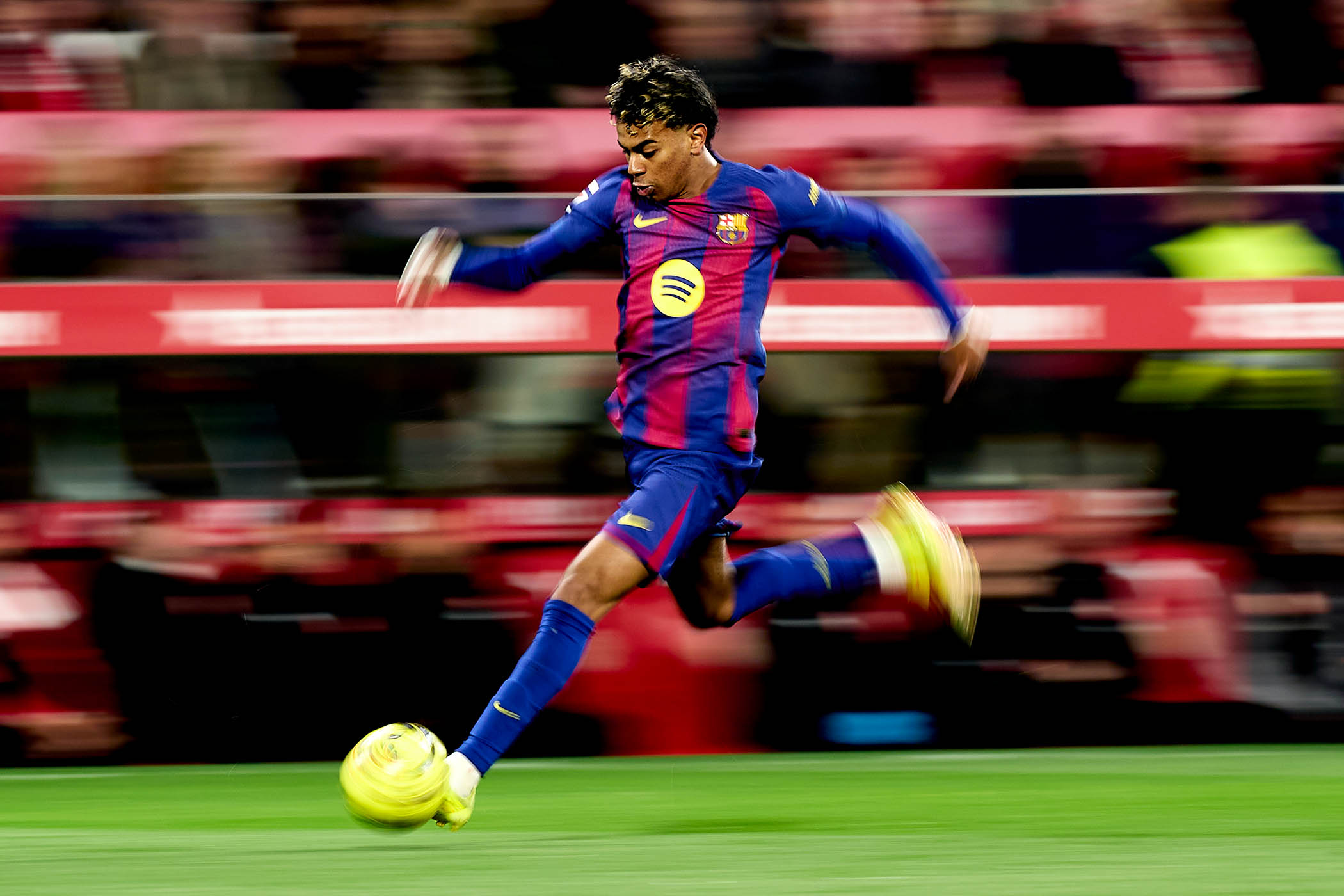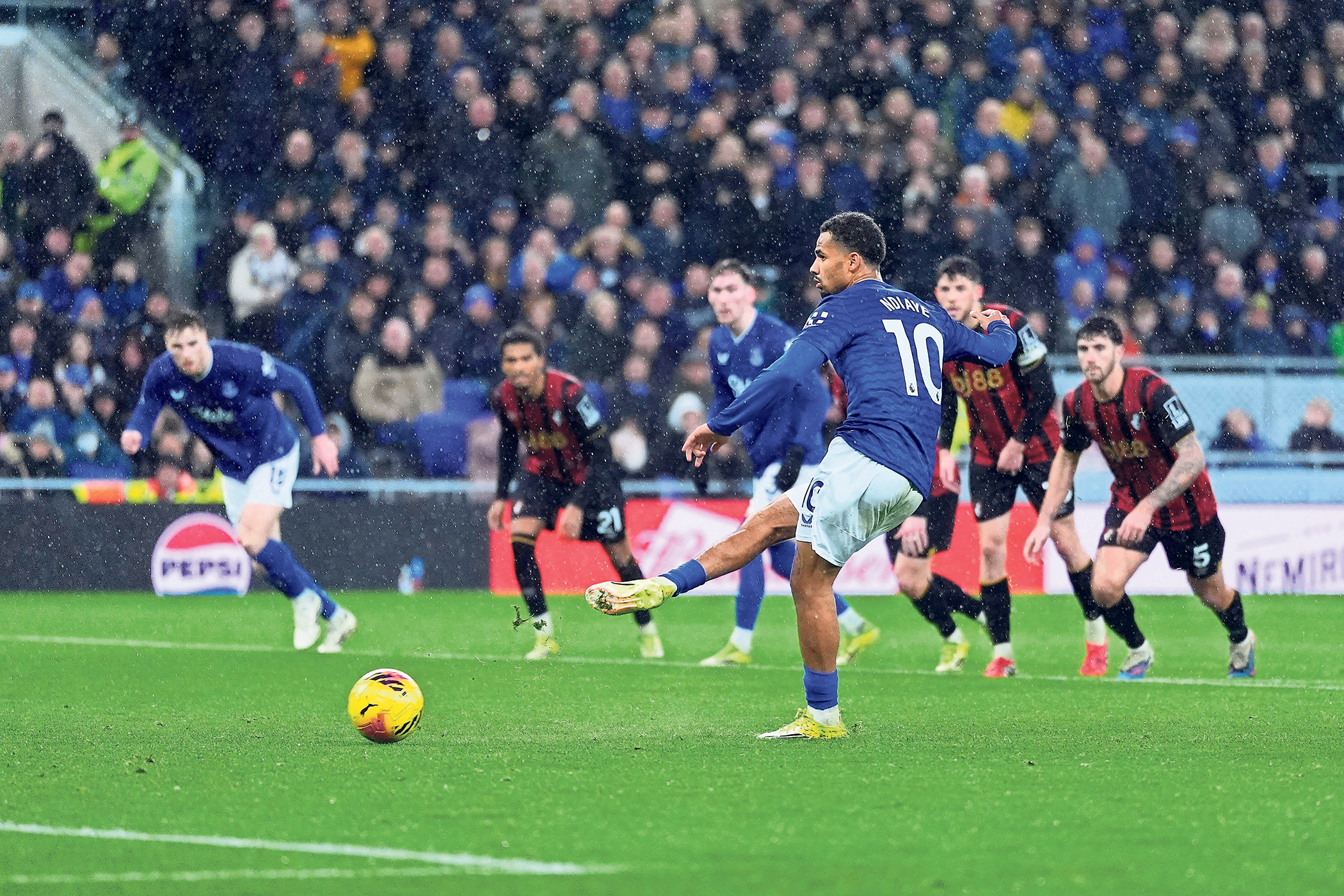Tales from the dressing room are the new coinage of sports broadcasting. An entertainment behemoth has saved football’s retirees from having to trot out tales on the after-dinner circuit.
Big-name football podcasts are what retired players used to do in hotel banqueting rooms when all the punters had eaten. In the new age of candour, Steven Gerrard goes on Rio Ferdinand’s podcast and says England’s golden generation were “egotistical losers” stuck in cliques. And Wayne Rooney moves on from management to empty his locker of recollections.
The symbiosis of a podcast-dominated media landscape and footballers willing to take fans behind the curtain to show them what really went on is the biggest transformation since TV started showing live games.
Among the beneficiaries on the playing side have been Gary Lineker, Alan Shearer, Micah Richards, Roy Keane, Gary Neville, Jamie Carragher and now Rooney.
How to have a career in the media was a complex calculation until the digital age staked so many of its chips on podcasting and “clips”. The clips are crucial – the kid brother to the show itself. To clip and fire off Gerrard calling the England team he played in egotistical losers causes newspaper groups, book publishers and yes, traditional TV, to writhe with envy.
If everything is a mad race to the eyeballs on smartphone screens, a household name blowing the lid off the “golden generation” is the autobahn to attention. Some of it had been said before. But it was the way Gerrard said it, the platform he chose, and the detail he added about club cliques and feeling isolated in his hotel room that sent it viral.
The most famous players now understand this game and have become skilled at tailoring their juiciest thoughts for the vast market of fans who are desperate for intimate disclosure. A pioneer was Keane saying something inflammatory after a Sky Super Sunday game and seeing it blasted across the next day’s back pages.
Picture the scene, though, as a sportswriter stands up to speak to one of the great Manchester United squads about media relations.
Moments before the scribe (me) rises to his feet at United’s Carrington training ground, Graham Taylor, the former England manager, berates Sir Alex Ferguson’s players over some minor high jinks at the club Christmas party. “Lads, what were you thinking!” Taylor says. The mood in the room isn’t conducive to a sermon from a journalist.
Near the front, Cristiano Ronaldo appears particularly fascinated by his phone and barely looks up. Some are alert and welcoming but the audience is a tough one. The sportswriter spots Rooney and tries to break the ice by mentioning a big fight they were both recently at.
Newsletters
Choose the newsletters you want to receive
View more
For information about how The Observer protects your data, read our Privacy Policy
Tumbleweed. Rooney looks mortified to have attention drawn to his night out and sinks back into himself.
That was the Rooney of considerable England and United fame. Now we see and hear a very different character on our screens.
There was clear evidence on a later day during a Chinese meal in Manchester of his skill as a raconteur. He told endless funny stories, off the record, about life at United. He was smart and grounded: a street footballer who had “woken up on a different planet”, as his agent said, when he broke through at Everton as a teenager. He thought a lot about the game that projected him as England’s saviour.
With the rocket of his fame came familiar superstar turmoil and a siege of his personal life. Drinking, gambling and alleged dalliances made him a front-page fixture. Through much of his playing career he looked hounded and fearful. The shop of his personality wore a “closed” sign. And when he stopped playing there was reason to expect him to lock himself inside his mansion and run down his wealth while keeping his mouth shut, except to those he trusted.
Instead, the BBC has turned him into a pillar of football chat, a consistently quotable podcast co-host who has talked about two-day drinking binges at United (chewing gum to freshen the breath at training), how his wife Colleen saved him from booze, and the body-image issues that assailed him, even as he was on his way to becoming the all-time leading scorer for England (where Harry Kane has since passed him) and United.
The other day Rooney also said, “I question Mo Salah’s work ethic” (on tracking back), and suggested Salah looked a bit “lost” after the arrival of Alexander Isak and Florian Wirtz. Shearer made a similar point about Salah’s disinclination to help his full-back. But Rooney’s broadcasting career is still in its infancy, when caution tends to prevail. He is shedding fast the inhibitions he would have felt about “criticising” fellow pros.
Hallelujah, fans (and media execs) will say. The “say nothing” days for star footballers are over. No longer do they self-edit, spotting detonations whole sentences in advance. Clips and podcasts primarily have made opinions far too lucrative to suppress.
Will consumers ever tire of dressing-room chat? Will the biggest names run out of tales? Unlikely. Corporatised podcast candour has several benefits. In its first flush, it has revealed a lot. And instead of staying trapped in reticence, Rooney has found his voice – and with it, a strange kind of freedom.
Photograph by Chris Brunskill/Getty Images



